Practice isolating beginning, middle, and ending sounds in words with a Google Slides interactive game.
Practice Initial, Medial, and Ending Sounds with Phonics Games!
One of the most important things for students to learn is how to differentiate between the beginning, middle, and ending sounds in words. This skill is essential for developing phonemic awareness, which is needed to break down words into smaller parts and eventually decode them.
This resource is a Google Slides interactive presentation that encourages students to identify words with the same beginning, middle, and ending sounds. They are shown two image prompts and given the option of selecting if the words have the same beginning/middle/ending sound or if they are different. This Google Slides phonics game is perfect for bringing a bit of winter into the classroom and practicing sound recognition and isolation.
A few features of this kid-friendly phonics game are
- The game runs in presentation mode, so students won’t need to drag and drop or even have their own devices! You can run it on a screen and have students come up to interact.
- The game is set up in three rounds. Round one focuses on initial sounds only. Round two deals with middle sounds. Round three works on ending sounds.
- Students receive immediate feedback on correct answers and are given an “Oops” message when an answer is incorrect. They are then led back to the original question and given another opportunity to answer.
Through this activity, students will demonstrate they can apply grade-level phonics to read and identify words’ beginning, middle, and ending sounds.
Scaffolding + Extension Tips
A team of dedicated, experienced educators created this resource to support your phonological awareness lessons.
In addition to individual student work time, use this letter sound game to enhance learning through guided reading groups, whole class lessons, or remote learning assignments.
If you have a mixture of above and below-level learners and ELL/ESL students, we have a few suggestions for keeping readers on track with these concepts:
🆘 Support Struggling Students
Segment the words orally for your struggling readers, emphasizing the beginning, middle, or ending sound in both words. Have students listen to the sounds, repeat them, and then choose their answer.
Allow students to use a picture/soundboard to identify the sounds needed for different letters of the alphabet.
➕ Challenge Fast Finishers
Encourage students to make lists of words with the same beginning, middle, and ending sounds, or have them play the game in Google Slides on independent devices.
This resource was created by Lisamarie Del Valle, a teacher in Florida and Teach Starter Collaborator.
Grab more fun phonics activities with these phonics worksheets, phonics games, and resources:

teaching resource
Beginning Sounds Sorting Activity
Practice identifying beginning sounds of words by sorting this set of 24 picture cards.

teaching resource
Letter Sound Knowledge Activity Cards
Practice identifying and writing the beginning sounds of words with this set of 28 task cards with your students.
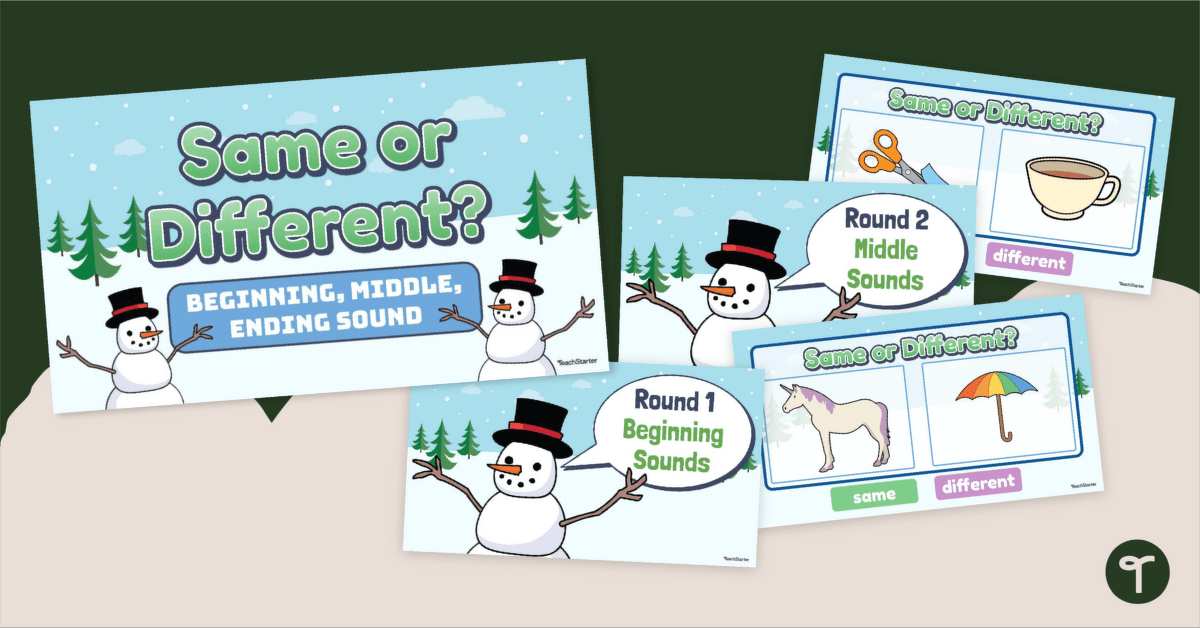

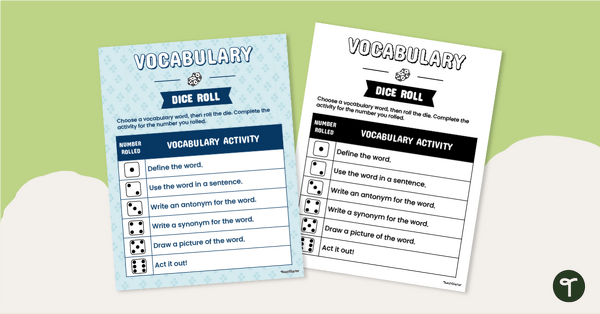
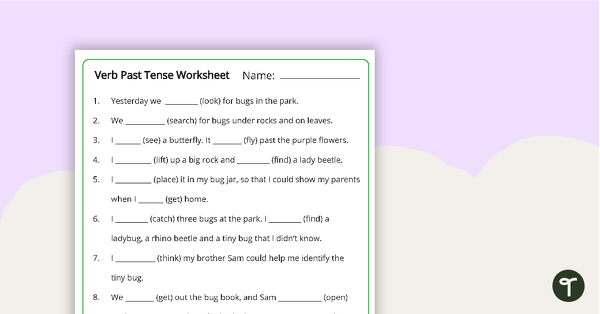
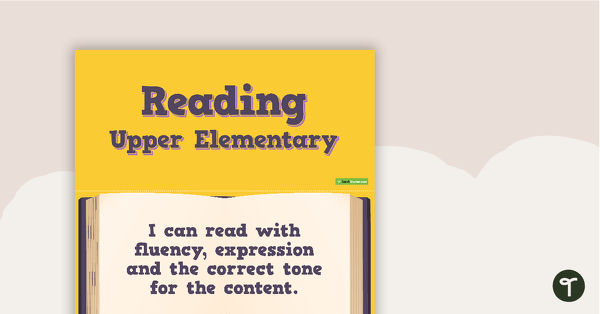
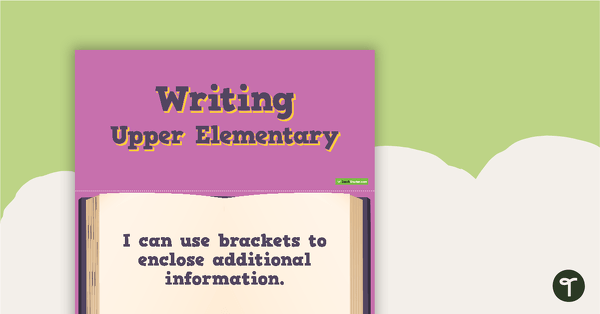
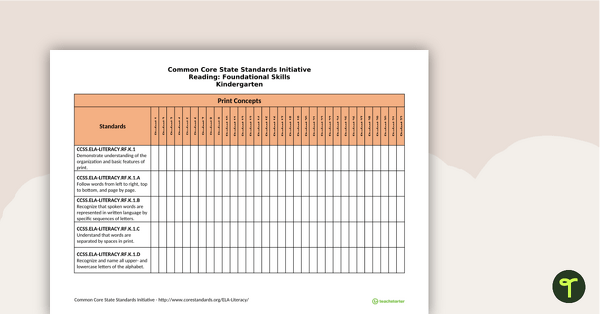
0 Comments
Write a review to help other teachers and parents like yourself. If you'd like to request a change to this resource, or report an error, select the corresponding tab above.